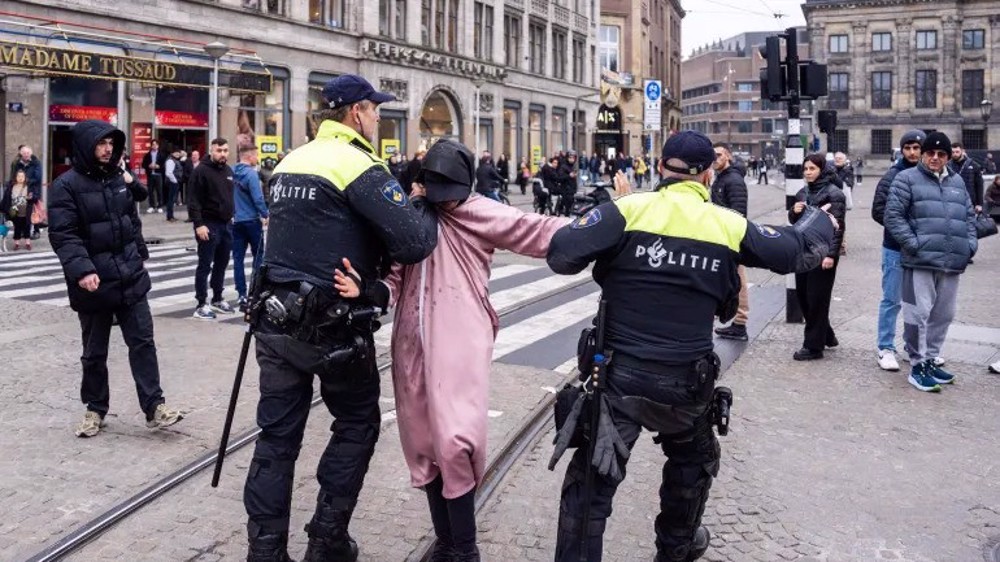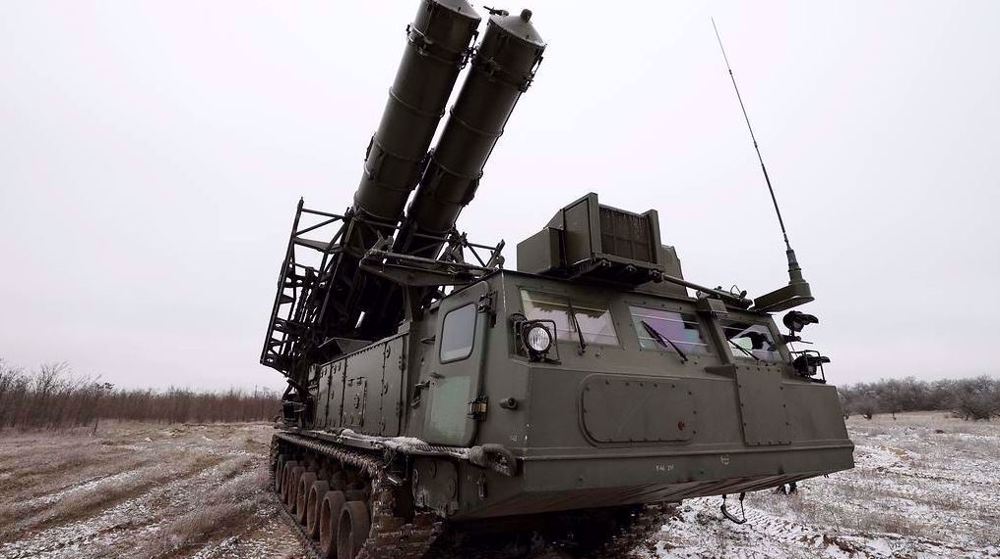Bulgaria govt. formally resigns in wake of election loss
Bulgaria's center-right government has formally resigned, three days after Prime Minister Boyko Borisov announced that he will quit following the defeat of a candidate backed by the ruling party in the presidential election.
"The results clearly show that the ruling coalition no longer holds the majority," pro-West Borisov said on November 13, adding, "I apologize to those who supported us. I thought I was doing the right thing."
The ruling party’s candidate, Tsetska Tsacheva, was beaten by Rumen Radev, who enjoys the backing of Socialists and is perceived as pro-Russia.
Bulgaria's presidency is a largely ceremonial post, but the president is still a respected figure with some powers.
The country will likely be run by an interim technocrat government until the next legislative elections, which will not be held before March despite efforts by outgoing President Rosen Pleneviev, who was due to initiate talks on Thursday among Bulgaria's political parties to form a new government.
Bulgaria, once a loyal Russian ally, has been tilting away from Moscow and moved closer to the West under the outgoing government. It became a NATO member in 2004.
The most impoverished member state of the European Union, Bulgaria is almost entirely dependent on Russia for energy supplies, and many Bulgarians feel culturally attached to their Black Sea neighbor.
Far-right German party calls for UN probe into ‘Berlin’s role’ in Nord Stream blasts
Trump’s ‘Make America Great Again’ shows US debilitated, desperate: Fmr. IRGC chief
Jordan rage: Protesters blast Israel’s genocide in Gaza, carnage in Lebanon
Pentagon official says ‘shocked’ by Yemen’s firepower, arsenal
IAEA chief tours two key Iranian nuclear facilities
Larijani asserts Iran’s support for resistance, says conveyed Leader’s message to Lebanon
VIDEO | Beirut’s southern suburbs targeted in 'heavy' Israeli strikes
Haaretz: Over 10,000 Israelis have migrated to Canada this year










 This makes it easy to access the Press TV website
This makes it easy to access the Press TV website